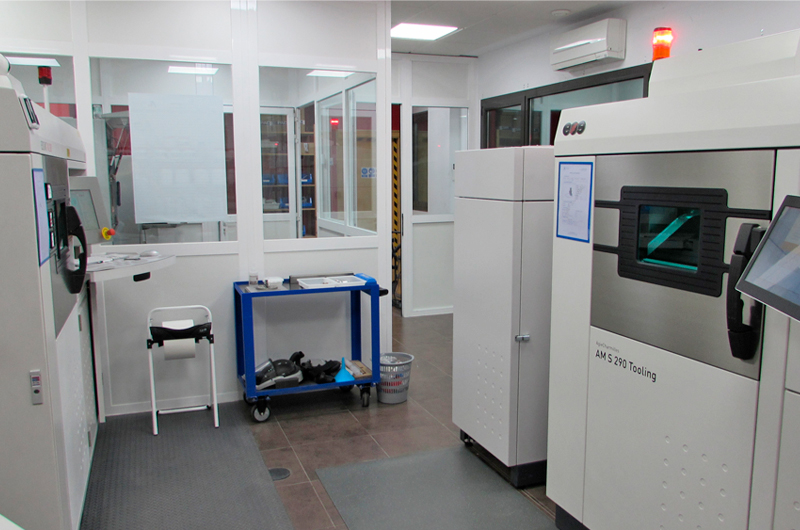
Laser sensor
Laser sensor The laser sensor is a device used to measure distance, speed or position accurately. It helps to easily detect objects and calculate distances with precision, making it an ideal tool for various applications.
Laser sensor.
Laser sensors are versatile tools with a broad range of applications across various fields, from manufacturing industries to robotics motion control. These compact sensors are easy to install and maintain, offering the ability to detect objects and measure distances with precision. This functionality is achieved through the measurement of laser reflections off an object, enabling users to accurately and instantly calculate distances to objects.
Beyond distance measurement, laser sensors are also adept at detecting motion, vibrations, temperature, and pressure, making them valuable in diverse applications. Among the key advantages of laser sensors are their small size, high precision, resistance to corrosion and weather conditions, safety, cost-effectiveness, and user-friendliness. These sensors can detect objects over long distances, making them suitable for measuring distances to large objects or across extensive areas.
Another notable feature of laser sensors is their programmability to provide detailed information about detected objects, which is particularly useful in route planning and surveillance. Despite these benefits, laser sensors do have some limitations, such as dependency on light conditions, the need for periodic recharging, and frequent calibration requirements. However, technological advancements have significantly enhanced the reliability and durability of laser sensors, bolstering their utility in various fields.
In conclusion, laser sensors represent a significant technological advancement with their compact size, precision, and versatility. While they have some limitations, ongoing developments in this technology continue to enhance their reliability and applicability, making them invaluable tools in a multitude of sectors.




